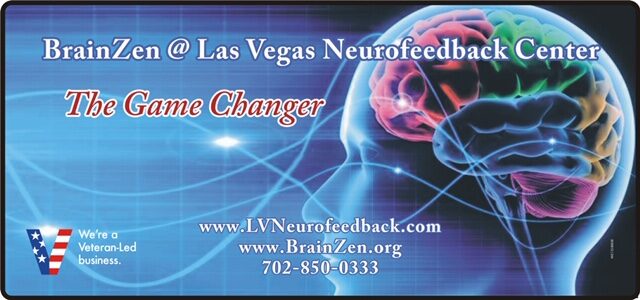As the executive control center of the entire body, your brain drives your every thought, mood, emotion, reaction and memory. Since it’s so indispensable to everything you do, you need to protect your brain and the brains of those you love, especially your kids.
The prefrontal cortex (PFC), the part of the brain that’s involved with decision-making, judgment, forethought, focus and impulse control, isn’t fully developed until about age 25. For this reason, it’s crucial that you make decisions in the best interest of your children and help protect their brains during their rough-and-tumble years.
Avoid High-risk Sports
If a child or teen really wants to play a sport that’s known to be dangerous, should their parents just go along with it? To spin it a different way, if a child wanted to do cocaine, would a parent help them find a drug dealer? Of course not!
Unfortunately, too many parents allow their kids to engage in sports that put their brains at risk: tackle football, ice hockey, rugby, boxing, cheerleading, and bouncing soccer balls off their heads – to name a few. These sports all have a high risk of concussion.
Since the resulting impairment from a concussion often resembles what drugs do to the brain, how can parents allow their kids to play high-risk sports that can give them brain damage and negatively impact the rest of their lives? Regardless of what coaches, doctors or other “experts” say, the best advice is to keep your kid out of the game. The risk is far too great when it comes to punishing contact sports.
Take It from the Concussion Expert
The work of Dr. Bennet Omalu, who identified the physical brain pathology of Chronic Traumatic Encephalopathy (CTE), is featured in the movie “Concussion.” The film is a hard-hitting wakeup call that reveals the devastating, long-term ramifications of head trauma.
Regarding the impact of repeated blows to the head, Dr. Omalu says:
“If a child who plays football is subjected to advanced radiological and neurocognitive studies during the season and several months after the season, there can be evidence of brain damage at the cellular level of brain functioning, even if there were no documented concussions or reported symptoms. If that child continues to play over many seasons, these cellular injuries accumulate to cause irreversible brain damage.”
The Dangers of Undiagnosed Concussions
The dangers of playing football, at any level, have been well documented. Though the sport has made modest attempts at protecting players in recent years, such safeguards aren’t enough and represent minimal effort on the part of a sport that leaves players with cognitive and memory issues so severe many will have difficulties navigating the challenges of life down the road. The devastated lives of many former NFL players give testimony to this fact.
While news headlines have focused primarily on professional athletes and veterans, concussions and traumatic brain injuries (TBI) occur every day among the general population. Falls, sport-related injuries, assaults, and accidents lead to nearly 2 million ER visits every year, on top of the hundreds of thousands of head traumas that are never reported, and therefore, never diagnosed or treated.
Undiagnosed concussions are a serious problem since even mild TBI’s can have far-reaching health consequences. Head injuries are a major cause of psychiatric disorders including anxiety, depression, substance abuse and even memory issues and Alzheimer’s disease.
If you or a child has suffered a concussion or TBI, don’t delay in implementing these 3 recovery strategies:
Brain Healthy Sports
Instead of high-risk sports like football and hockey, encourage your kids to pursue brain healthy sports like cross-country running or swimming. There are many other sports that your kids can participate in that are safer and just as enjoyable. Learn what other interests your children have and help them shift to activities that will allow them to have healthy brains and healthy lives.
Seek Recovery
If you or a child have had a concussion or TBI, the good news is that it is possible to rehabilitate your brain. You aren’t stuck with the brain you have – even if you’ve had serious hits to the head. At the Las Vegas Neurofeedback Center, we use EEG Neurofeedback and guided nutritional practices and supplementation to restore Good Brain Health. Our brains have amazing plasticity, meaning we can improve and increase it’s performance throughout our lifetime. Call us today to schedule and appointment at (702) 850-0333 or Click Here to Schedule


I have been absent for some time, but now I remember why I used to love this blog. Thank you, I¦ll try and check back more frequently. How frequently you update your web site?
Simply want to say your article is as amazing. The clarity in your post is simply cool and i can assume you’re an expert on this subject. Fine with your permission allow me to grab your RSS feed to keep up to date with forthcoming post. Thanks a million and please keep up the enjoyable work.